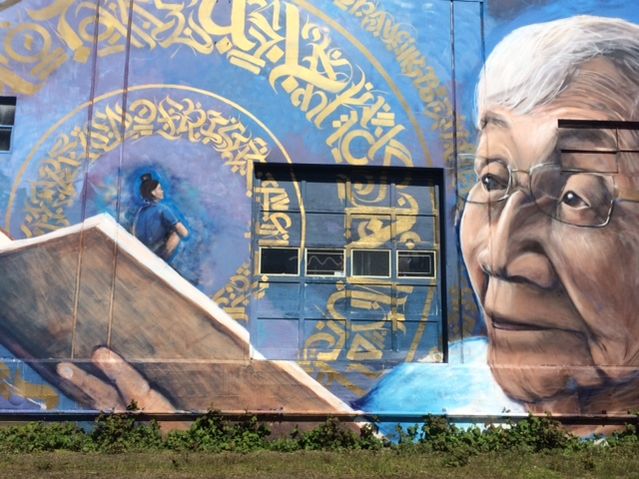Trauma
Stories Matter
What are the dangers to listening to one story instead of many?
Posted May 21, 2018

“Stories matter. Many stories matter,” states author Chimamanda Ngozi Adichie in her powerful TED talk “The Danger of the Single Story.” Adichie points out that listening and clinging to a single story—about a person, a place, a situation—creates stereotypes, and, in her words, “the problem with stereotypes is not that they are untrue, but that they are incomplete. They make one story become the only story.” She goes on to say, “The consequence of the single story is this: it robs people of dignity; it makes our recognition of our common humanity difficult; it emphasizes how we are different rather than how we are similar.”
I thought about Adichie’s wise words earlier this week as I moderated a hospital-based panel discussion on service provision and community advocacy to end commercial sexual exploitation and sex trafficking. The panel and the day-long training for health care providers included personal stories of survivors of sexual exploitation. None of the survivors remotely resembled Julia Roberts in the “modern Cinderella story” movie Pretty Woman, which reinforces the common stereotype of the high-class and empowered hooker. Instead, the survivors told stories of trauma and violence which both preceded and accompanied sexual exploitation.
In my introductory talk about why this topic matters, I linked to an important storytelling video geared towards healthcare providers on The Life Story website, “Medical Emergency.” I appreciate how this particular video weaves together the stories of women in their own voices. Advocacy is not about speaking for those less fortunate, less powerful, but of using our own power and privilege to amplify their voices, their stories. Our job as healthcare providers, as compassionate citizens, is to step back and listen respectfully.
Another powerful story came to me today via a colleague who sent me the link to this NYT Op-Docs Season 6 video “We Became Fragments” directed by Luisa Conlon, Hanna Miller, and Lacy Jane Roberts. Through their video, they step back, listen, and then amplify the voice and words of Ibraheem Sarhan, a young Syrian refugee now living in Canada. I love how this short video highlights the importance of competent and compassionate, trauma-informed teachers and healthcare providers. When one of Ibraheem’s teachers gives an in-class assignment to write about their family, the teacher gently points out to Ibraheem that he doesn’t have to write about his family if it is too painful a topic. The teacher must know that a bomb in Syria killed Ibraheem’s mother and siblings and left him with a shattered leg. Ibraheem tells us that when people ask him about his visible leg injury, “they don’t know how much my heart burns when I tell my story.”
Stories matter to the teller and to the listener. What we need more of in this world is for all of us to increase our capacity to listen to a multiplicity of stories and within those stories to recognize our common humanity.


